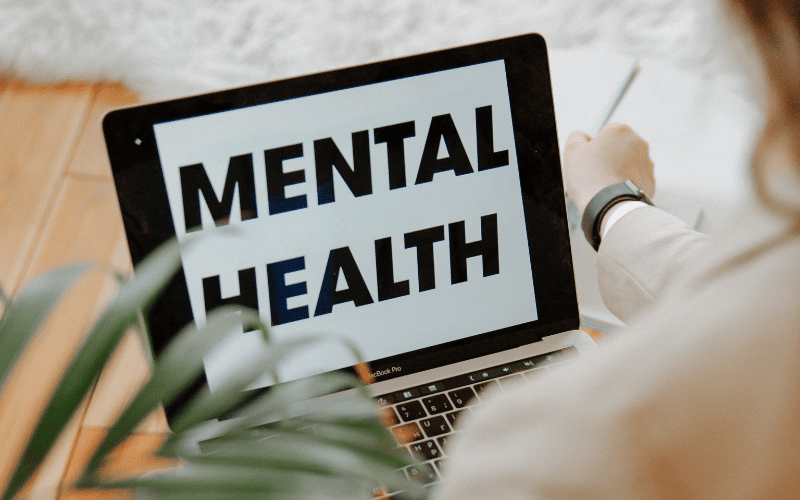Fact 9: Impact on Mental Health

The way our teeth look can significantly impact our self-esteem. Malocclusions, especially those visible when one speaks or smiles, can lead to self-consciousness. Over time, this can impact social interactions, willingness to smile, and even lead to withdrawal from group activities.
Certain malocclusions can result in speech impediments. Lisping, for instance, is often associated with an open bite. Such challenges can cause frustration, especially in children, leading to reduced participation in school or group activities and even potential bullying.
Severe malocclusions can make chewing difficult. This not only impacts physical health due to potential dietary limitations but can also lead to anxiety during communal eating situations, such as family dinners or parties.
Malocclusions can sometimes result in chronic jaw pain or headaches. Constant pain can be a significant source of stress, leading to irritability, difficulty in concentrating, and even sleep disturbances. While the mental health implications of malocclusion are undeniable, so is the positive impact of successful treatment. Addressing orthodontic issues often leads to improved self-confidence, reduced anxiety, and an overall enhanced quality of life. (9)